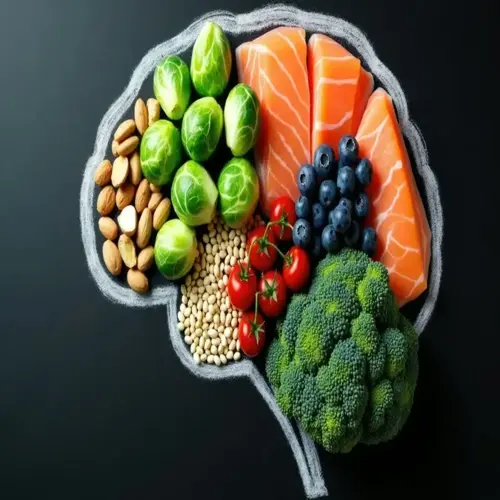Which foods provide the most value when purchased organically?

Written by
Gina Mason
Reviewed by
Prof. William Dalton, Ph.D.Opting for organic gives you the most bang for your buck when you focus on higher risk food categories first. Thin-skinned fruits and leafy greens absorb greater amounts of pesticides. Animal products concentrate antibiotics and hormones. Baby food is essential for protecting developing bodies. Prioritizing these foods will result in the most toxins being reduced per dollar spent.
Produce Items
- Thin-skinned fruits: strawberries, apples, peaches, grapes
- Leafy greens: spinach, kale, lettuce, collards
- Berries: blueberries, raspberries with porous surfaces
- Peppers and celery with high pesticide retention
Animal Products
- Dairy: milk and cheese without synthetic hormones
- Eggs: from pasture-raised hens with organic feed
- Meat: beef and poultry avoiding routine antibiotics
- Fish: farmed organically without chemical treatments
Baby food deserves primary organic consideration. Babies process toxic substances poorly. Their immature organs require a cleaner source of nutrition. Organic food eliminates the poisonous residues of all pesticides. Select jarred purees and cereals with the USDA organic seal. This protection is most effective during the early periods of development.
Implement budgeting strategies for your high-priority organic items. Purchase produce that is in season when it is harvested and enjoy savings of 30% to 40%. Choose frozen organic berries instead of fresh ones during off-season periods. Select store-brand organic eggs and milk. Join your local CSA program to receive direct-from-farm discounts. These methods help make protection affordable.
Verification guarantees true organic quality. Always look for the USDA Organic seal, which indicates that the product contains at least 95% organic ingredients. Check the certification code for each product, printed on the packaging. Make sure the product meets pasture requirements for animal products. Your diligence leads to the best possible health benefits from everything you buy.
Read the full article: Organic Food Advantages: Essential Benefits Revealed

